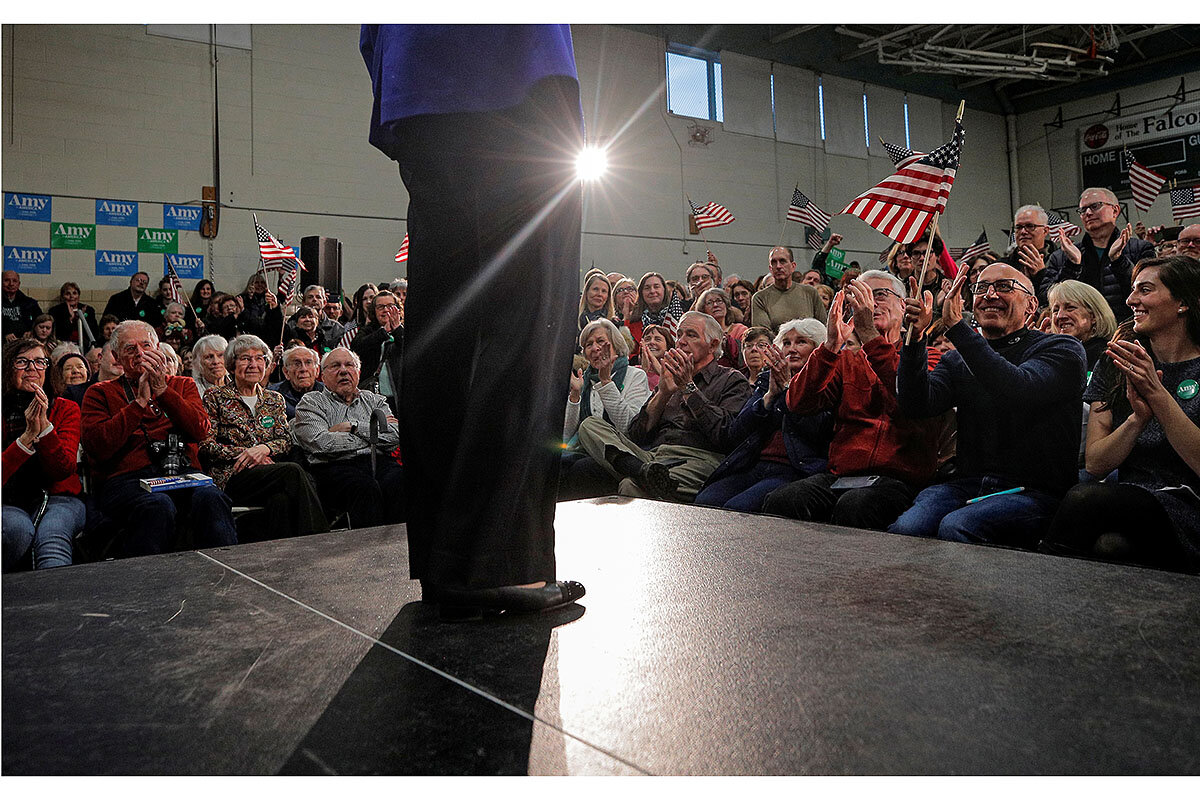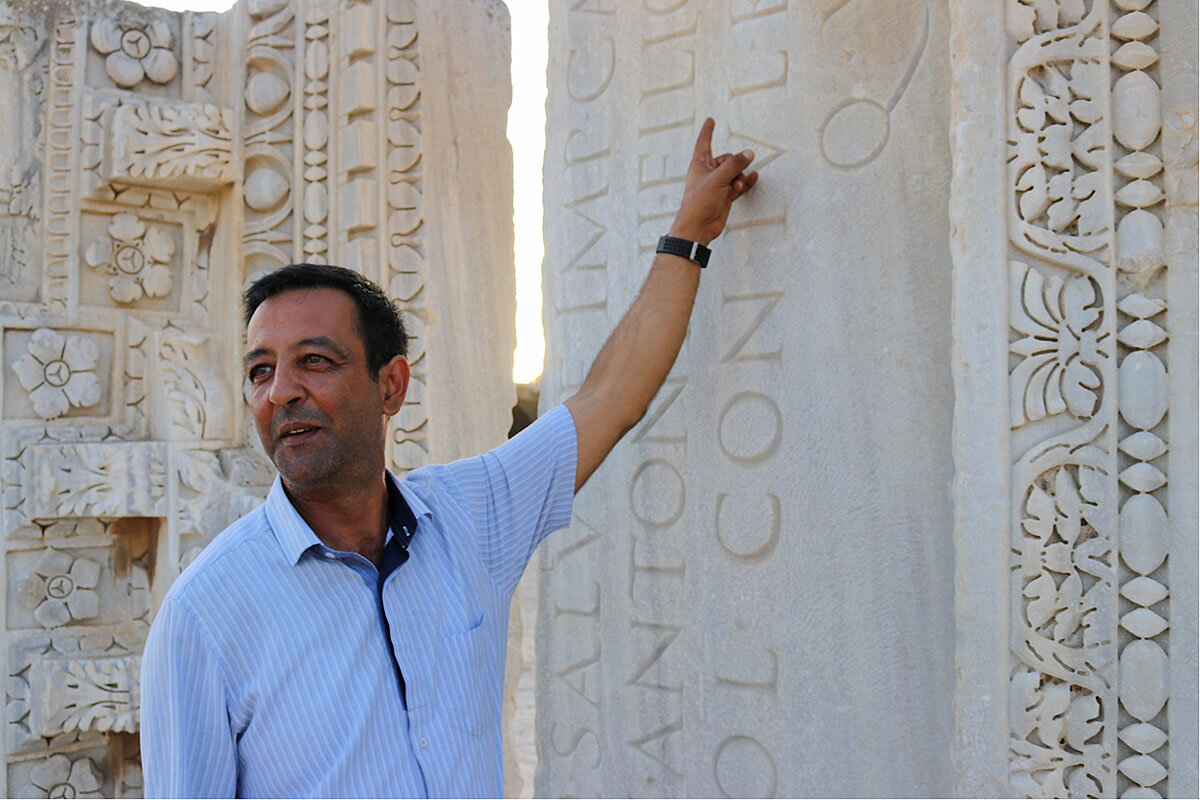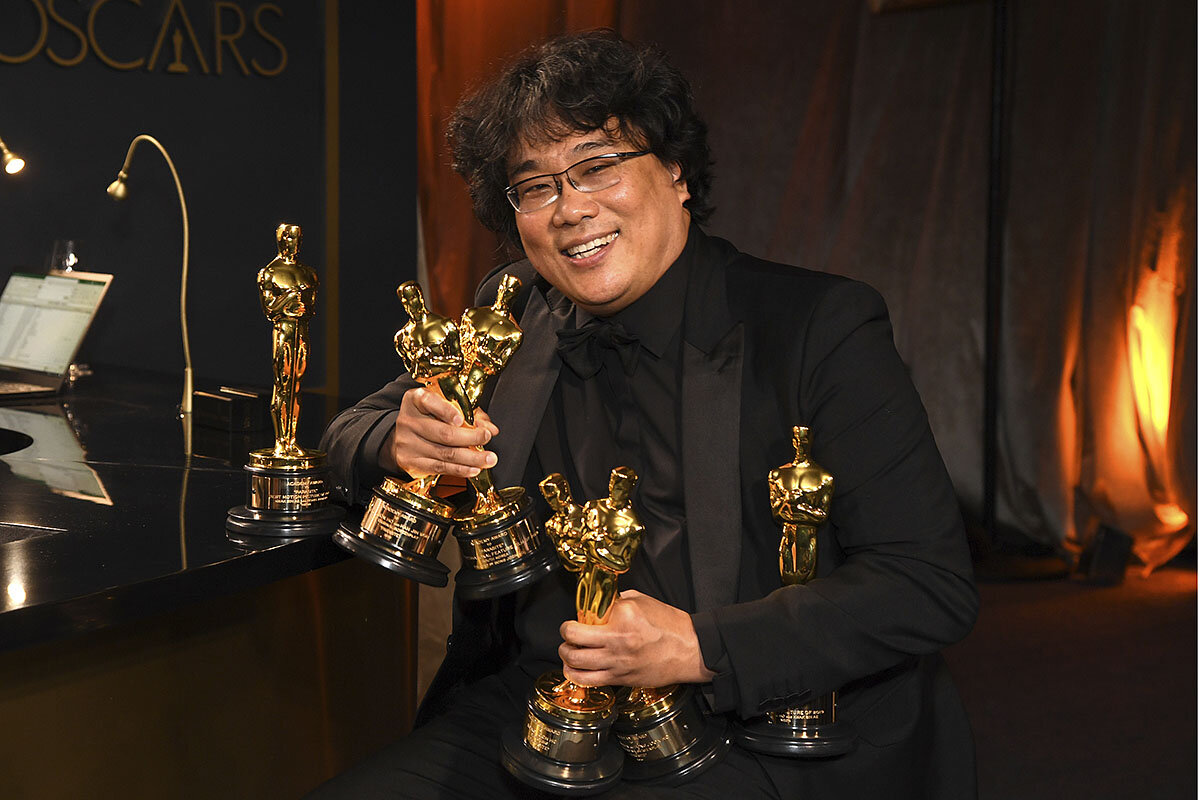Democrats have been counting on a sense of urgency to drive voters to the November polls. But while some see a fire burning, others are sensing they may have to battle a “weary resignation.”
Monitor Daily Podcast
- Follow us:
- Apple Podcasts
- Spotify
- RSS Feed
- Download
 Amelia Newcomb
Amelia Newcomb
Today's stories look at the mood of Democrats, political revenge, North Africa as a frontline in climate change, the ERA, and a hopeful Russian investigative journalist. But first, a look at some initiatives that resonate amid Black History Month.
They might seem unrelated: forgotten musical compositions, an overlooked obituary, the heralding of an Olympic athlete.
But they all speak to black history, which is celebrated this month, and to the values a society reveals in the stories it chooses to tell.
Take black composers Ignatius Sancho and Florence Price. The pair, one an 18th-century Briton, the other a 20th-century American, both now figure in an initiative of Music by Black Composers, which has resurfaced more than 350 classical works. Violinist Rachel Barton Pine, the group’s founder, told CBS News, “Our primary motivation … is to inspire young African American students that classical music is part of their history.”
Or take Homer Plessy. The New York Times’ rich “Overlooked” project has been filling out a 150-year-old archive it calls “a stark lesson in how society valued various achievements and achievers.” It recently published an obituary of Plessy, the African American plaintiff who powerfully though unsuccessfully challenged segregation in a seminal 1896 case. As the Times writes, “he all but vanished into obscurity. ...”
And then, take Aquil Abdullah. He was the first African American man to win a title at the Henley Royal Regatta, in 2000, and the first to make the U.S. Olympic rowing team, in 2004. Athletes at Row New York, a program for underserved, largely minority youth joining a sport that is working to diversify, can connect with his example – this time, in real time.












